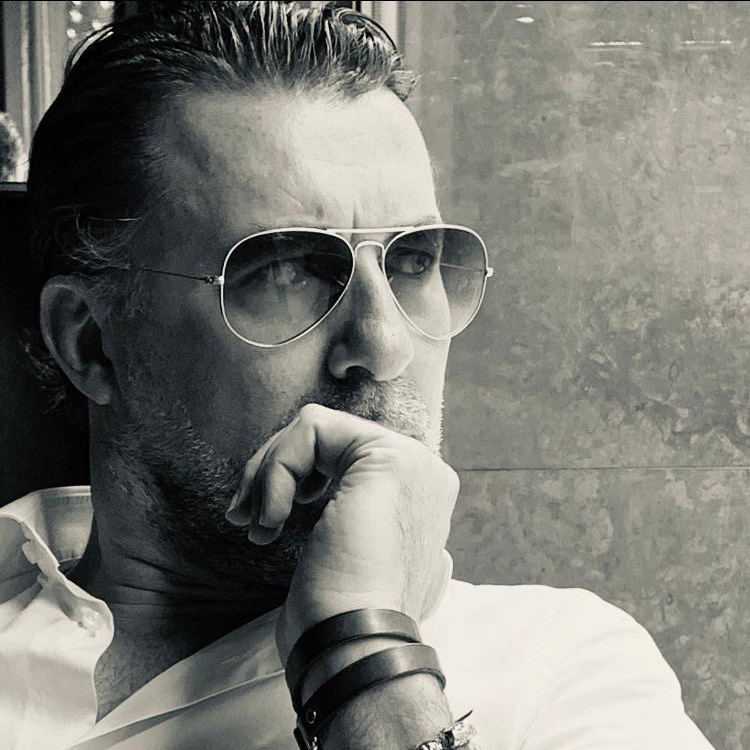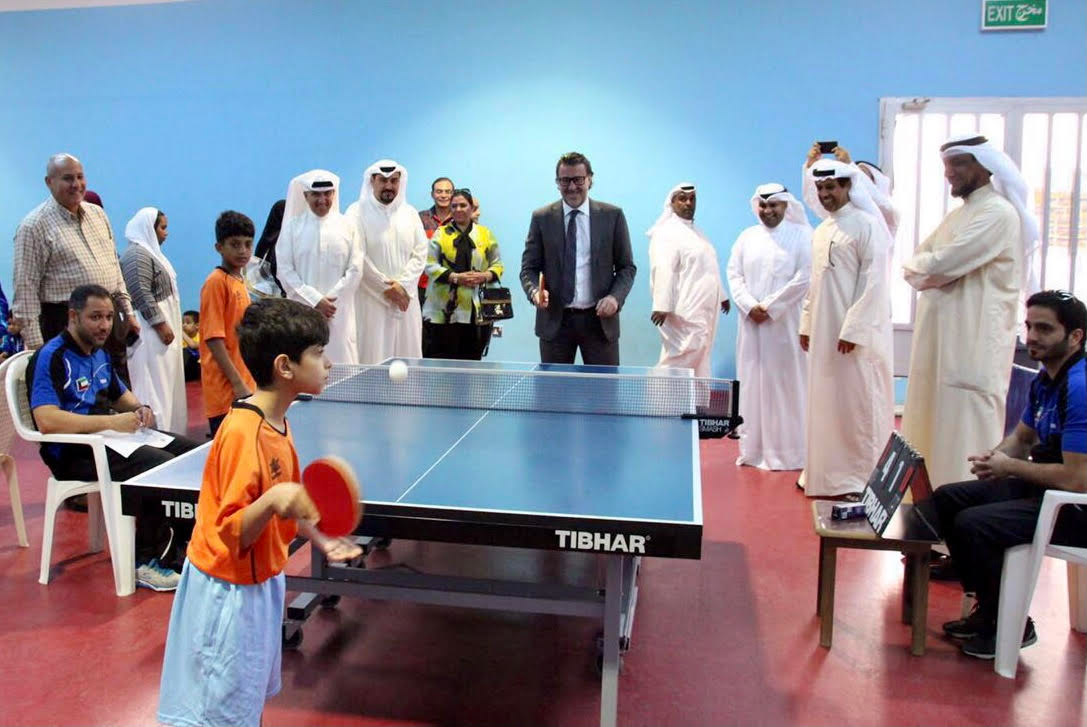Be open minded,
and dare to change
Be open minded to consider a change of mind-set and brave to implement the action plan of the identified change. Although I recognize that a lot of discipline is required, focus your energy on the opportunities change may offer, rather than the challenges it presents. Like many of us, over the years in my personal and professional life, I have faced the fear and uncertainty created by catastrophic and completely unexpected events, or even life decisions which certainly presented challenges and were outside mine and most people's comfort zone.
I graduated from Bocconi University in Milan in 1994 with excellent results. I was growing up in a family with a certain degree of comfort, and it would have been easy to join the family business together with my brothers and stay in my comfort zone, however I decided to follow a different path On the 1st of November 1994, I joined the Cape Town office of KPMG even though I hardly spoke English. Only six months before my arrival in Cape Town, Nelson Mandela became the President of the Republic of South Africa. This was the time when the apartheid was truly coming to an end. These were challenging, but incredibly inspiring times.
Then after five wonderful years I moved to Budapest for a new challenge with KPMG, accompanied by my Hungarian wife at the time. I made this decision without any business contacts, knowledge of the local culture or the language. On both occasions, when moving to Cape Town and to Budapest, I was seeking for a change. I wanted to embark on a new adventure by stepping out of my comfort zone. Back in South Africa I had everything a young person and professional could dream of and Cape Town is simply one of the most amazing cities. However for this I had to be open minded, and courageous to see the positive aspects of the life challenges I was facing.
Like most human beings, I also dislike uncertainty. I would certainly prefer knowing early on a bad news, or knowing about an upcoming challenging situation, or even taking the least optimal decision, rather than being dragged for an extensive period of time in a life context surrounded by heavy uncertainty. The extent of the pandemic, combined with the unforeseeable future have created enormous uncertainty at all levels and for many of us, often a sense of despair. However, it is how you decide to react to an event on which you do not have control over which makes the difference between your success or failure.
In my personal life I have faced the premature and unexpected death of my mum, the death of my older brother at only 47, and also in my professional life I have already faced a few major crisis periods. Certainly, pre-Covid, the most relevant one was the global financial crisis at the end of the previous decade. Such a crisis badly affected a very successful Practice I built over the previous several years. But the same crisis also provided the inspiration for a change and an extension of the services of the Practice I currently still lead at KPMG.
The Covid-19 crisis, at least for me up till the time of writing this piece, has not affected the performance of my business, however has challenged the operating model to which I was accustomed for many years. In fact, I run a very international business, with clients in multiple geographies and human resources coming from a multitude of countries.
However, it is how you decide to react to an event on which you do not have control over which makes the difference between your success or failure.
The pandemic has helped me, and sometimes even forced me, to open my mind to consider and accept alternative approaches to my professional and personal life. Although already 15-years ago I recruited a Czech Manager in the Practice I lead at KPMG to work remotely from Prague in my international team based in Budapest, I was never very supportive of smart working. I always preferred people being in the office and I was leading by example in such regard. Possibly because of the fear of having less control on people, or maybe because I was too attached to a traditional office model, I was forced to adjust my mind, however this was a positive change. I started, also because I was forced to, to possibly trust more the people working for me, and also appreciating some of the benefits associated with smart working that I will not mention here. I believe the crisis has changed forever the way we will work in the future, especially in the tertiary industry. Our working methods will change in the future. Remote working cannot fully replace the work from the office model. However, a combination of the two models will certainly benefit society from several perspectives.
Regarding my personal life, I celebrated last April my first ever online birthday, organised by some of my dearest friends. Surprisingly, it was indeed very fun. As of today, I am enjoying our beautiful city with less traffic, less pollution, less people and tourists in often overcrowded areas. Although I still prefer the bust and energy of a busy city, I am also appreciating Budapest in its current status.
How many times I have travelled for a relatively useless meeting to numerous European cities, wasting my time and energy and taking away time from my family. Nowadays it is commonly accepted that at least an introductory meeting can take place online with the many video conferencing tools that technology is offering us. Isn’t it beautiful and a small addition to life’s quality?
I believe the pandemic has a much broader socio-economic implication of the last global financial meltdown, whose impact in Hungary was felt a bit later than in other parts of the world, and fully unfolded with the Swiss Franc mortgage crisis. The Covid-19 crisis has social and mental health implications that I have never experienced in my life. But, at least for me, it is also true that it has offered some rethinking possibilities and opportunities for change which I do appreciate.
However, I also think that when looking at my own reaction to the ongoing pandemic, it is also fair to point out that I am a privileged person and I am fully aware of it. In fact, I do also recognize that reacting more positively to such an event is easier when you have a job that is suitable to smart working (would I react in the same manner if I would be an airline pilot or a receptionist in one of the many closed hotels?); when you have a solid financial position; when you have the protection and the company of a nice network of friends and a family; when you have a comfortable home from which to work and enjoy your free time; when you have the resources to eventually access medical care, etc. Sadly, we are not all in the same position. Therefore, I also can fully understand that in facing a specific (catastrophic) event, we are not all starting from the same basis. My admiration is therefore even stronger when I see people who have been really suffering from this crisis because their professional, personal and family life has been impacted truly negatively. Even though, they are still capable of reacting positively, with an open mind and trust, sometimes only hope, believing that the future will be bright. Even if in their position it is hard to look on the brighter side of life. My respect to these individuals!

Andrea Sartori
Global Head of Sports at KPMG 